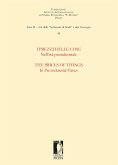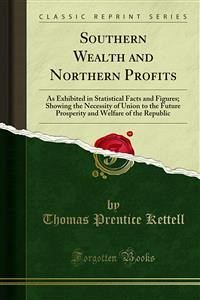It takes no extended examination of any period in the last fifty years—the term covered by the phrase “Our Times” in the title of this book—to convince an unprejudiced student that as far as the tariff is concerned public opinion has never been fairly embodied in the bills adopted. If the popular understanding of protection as expressed in our elections had been conscientiously followed, there would be to-day no duties on iron and steel products, on cheap cottons and cotton mixtures, and, certainly none on a great variety of raw materials probably including raw wool. That is, in these cases and in multitudes of similar ones, the purposes of protection had been realized, or it had been proved that they never could be realized; and in either case the dogma required the duty to be withdrawn. This volume is an attempt to tell in narrative form the story of this defeat of the popular will.
The major part of the material in the volume has appeared at intervals in the last five years in the American Magazine. So many persons concerned in the making of our tariffs in the period covered have aided me directly or indirectly by documents, personal reminiscences, and explanations of points of view that I find it out of the question to attempt to enumerate them. In one case, however, my debt is so great that I must acknowledge it specifically, and that is to Mr. Horace White, who has read, either in manuscript or proofs, the bulk of this volume and who has been generous in his suggestions and criticisms.
The major part of the material in the volume has appeared at intervals in the last five years in the American Magazine. So many persons concerned in the making of our tariffs in the period covered have aided me directly or indirectly by documents, personal reminiscences, and explanations of points of view that I find it out of the question to attempt to enumerate them. In one case, however, my debt is so great that I must acknowledge it specifically, and that is to Mr. Horace White, who has read, either in manuscript or proofs, the bulk of this volume and who has been generous in his suggestions and criticisms.









